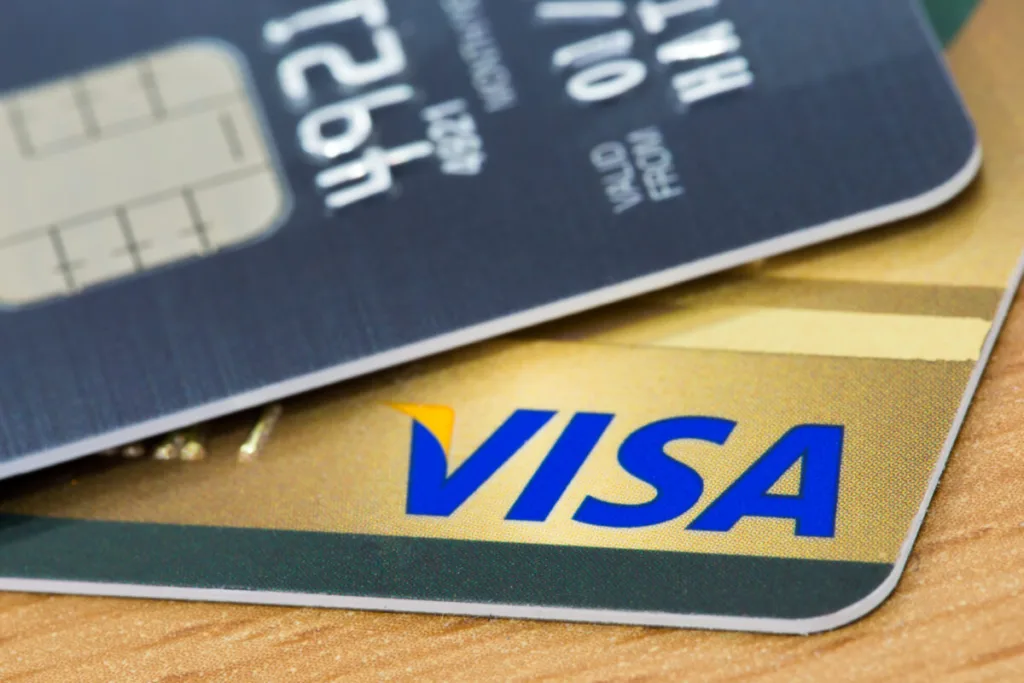Payments giant Visa unveiled a number of AI-enabled advancements at its Global Product Drop, alongside expanded stablecoin partnerships, as it looks to position itself as a key enabler of the AI-driven future of digital commerce.
Kicking off its Product Drop, Visa revealed how combining AI and digital commerce could drastically change how consumers discover and buy products and services. It says that, in the near future, consumers will enable AI agents to browse, select, purchase and manage on their behalf.
Before this can become reality, agents will need to be trusted with payments, not only by users, but also by banks and sellers. Visa plans to bring this trust to AI commerce by providing a way for its partners, including AI platforms, banks, fintechs, and merchants, to access the Visa network.
Headlining the announcement, Visa introduced ‘Intelligent Commerce’ a new initiative opening Visa’s payments network to developers and engineers building the first generation of AI commerce.
Visa also announced new stablecoin partnerships to reach more people and geographies. Finally, Visa shared the expansion of its Flex Credential platform, and new products and services that provide more ways for people to make and receive payments.
“As new ways to pay emerge, they need to run on a network that is always on – that is safe, secure, scalable and relentlessly innovating,” explained Visa CEO Ryan McInerney. “We are taking the power of our network and our decades-long expertise to bring new products and solutions that will transform commerce and bring trust and security to AI-enabled payments.”
Leveraging agenic AI
In the last 25 years, Visa’s network has processed 3.3 trillion transactions. Looking to the future, the payments giant plans to extend the infrastructure, standards and capabilities present in physical and digital commerce today to AI commerce. Soon consumers will enable AI agents via AI platforms to use a Visa credential (of which there are currently 4.8 billion) at any accepting merchant location for any payment use case.
“Historically, Visa has used AI to protect consumers, harnessing it to help combat fraud,” added McInerney. “Now, we will also enable AI to empower consumers, fundamentally shifting digital commerce to make it more personal, more relevant and more delightful. For any AI commerce use case to take hold, the payment is a critical enabler of success. If there is no payment, there is no commerce. That’s the expertise and trust that Visa brings.”
Visa is collaborating with the AI platforms and brands that consumers and merchants are choosing to work with every day, including Anthropic, IBM, Microsoft, OpenAI, Perplexity, and Samsung.
“We see tremendous potential for the role AI agents will play in commerce, from streamlining ‘regular’ transaction-driven tasks such as ordering groceries, to more sophisticated search and decision-making like securing that hard-to-get restaurant reservation or concert ticket,” said Jack Forestell, chief product and strategy officer at Visa.
Stablecoin developments
For over half a decade, Visa has facilitated crypto transactions and is now setting its sights on further expanding the applications for stablecoins with stablecoin-linked cards, settlement and programmable money.
Bridge, a Stripe company, is working with Visa on a new card product that enables fintech developers to offer stablecoin-linked Visa cards to their end customers in multiple countries through a single API integration.
Flex Credential expansion
Last year, Visa introduced ‘Flex Credential’, a new card that can seamlessly toggle between different payment methods (debit, credit, buy now, pay later). Already, millions of people around the world use Flex Credential and Visa plans to roll out new use cases like expanding access to lines of credit, investment accounts, rewards, commercial cards and more.
Unveiled at the Global Product Drop, Visa is teaming up with Klarna to bring the Flex Credential to the US. The partnership is also aiming to become the first in Europe to offer a debit-to-buy now pay later use case that gives consumers more flexibility in how they pay. It revealed that it will share more details on these developments later in the year.
Making payments easier
Visa also shared a new service designed to connect any participating wallet to any Visa-accepting merchant, local or international, in-store or online – Visa Pay. Visa says it is set to release a beta version in select markets in Asia, Europe and Latin America.
It also shared details about Visa Accept, a new offering giving micro-sellers a ‘way to get paid’ to their eligible Visa debit card, from any NFC-capable smartphone with just a few clicks, providing access to billions of credentials with just one card in your pocket. Visa Accept will launch for Visa beta partners in July, with the first activations in Latin America and Asia.

